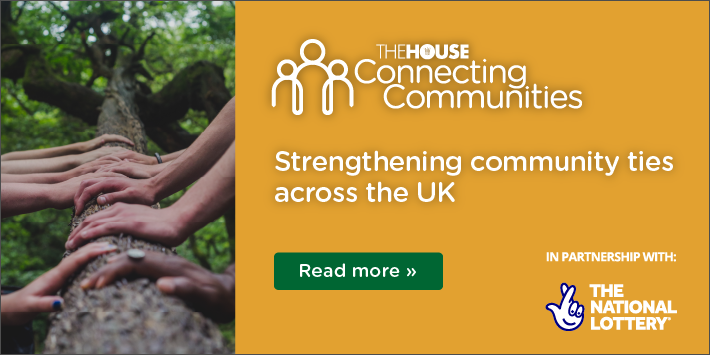The pandemic has taken its toll on the mental health of our young people, we can’t just ignore it
3 min read
Even before COVID-19 existed 1 in 10 young people had a mental health issue, now that figure has risen to 1 in 8.
Not seeing friends, being shut out from places we visited almost every day and dealing with situations that would have been almost unthinkable a year ago.
It almost goes without saying that the last 12 months have been beyond tough for everyone.
Now imagine coping with all that when you were 16 years old, 12 years old or even younger.
The toll of the pandemic on the mental health of our young people has been massive, we can’t just ignore it and hope it will go away.
Even before COVID-19 existed 1 in 10 young people had a mental health issue, now that figure has risen to 1 in 8.
Almost as soon as I was elected in 2019, I was receiving emails from parents in Twickenham whose children were struggling with their mental health.
Some, in complete despair, were told that they would have to wait six months or a whole year before receiving the treatment they so desperately needed. It is an understatement to say that it was not good enough then and it certainly won’t cut it in the months and years to come.
The availability and access to services for mental health are a long way from parity with the treatment for physical health need.
Providing access to counselling in schools would be a lifeline to many young people, allowing them to get the support they need before they reach crisis point.
There is some help available, but it is often provided by the voluntary sector due to NHS services being overstretched.
Off the Record, an amazing local charity in Twickenham offers free counselling sessions to young people. They help over 1,500 people every year, a vital service when the NHS waiting times are so long - they are already at 50%.
Elsewhere in London, we have seen fantastic initiatives such as Sutton Council’s partnership with the NHS on a programme that aims to put counsellors in every school in the borough.
COVID-19 has changed our world forever. In so many areas of society, we can’t just go back to the way things were before. No more so than in the area of children and young people’s mental health services.
Providing access to counselling in schools would be a lifeline to many young people, allowing them to get the support they need before they reach crisis point.
This early intervention will prevent mental health issues from worsening and hopefully reduce the numbers who need more extensive support further down the line.
The Liberal Democrats are calling on the Government to invest in the future by prioritising access to counselling for children and young people who are already dealing with so much.

